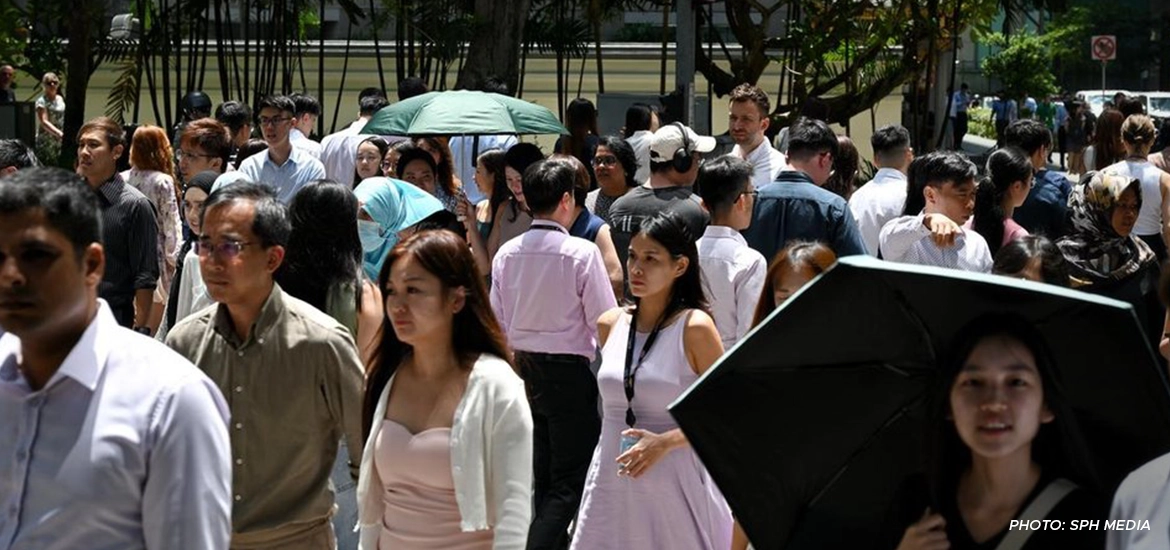Teaming up with SkillsFuture
In August 2024, Coursera and Udemy Business were added to the list of SkillsFuture-approved platforms, allowing users to use their SkillsFuture credits for courses on these sites.
The number of Singaporeans who have used SkillsFuture credits for online learning has increased nearly tenfold from 266 in 2023 to 2,655 in 2024, an SSG spokeswoman said.
These include courses on three other online learning platforms: GnowbeLearn, NTUC LearningHub’s Learning eXperience Platform, and ZilLearn.
As at the end of June, about 2,450 SkillsFuture Credit claims had been made for subscriptions to Coursera.
Mr Hart said that online courses give adult learners more flexibility and access to content on the go.
Coursera has found that 39 per cent of Singapore learners use their mobile phones for learning. The rest use their laptops, computers, or other digital devices.
“You want to meet the learner wherever they are,” Mr Hart said.
There are currently 1.3 million registered learners on Coursera in Singapore, the result of 14 per cent year-over-year growth.
The Coursera report shows more than double the number of males enrolling for courses on the platform compared with females, but Mr Hart expects women’s numbers to catch up.
Men tend to dominate tech-related courses, but online learning may be a more comfortable learning option for women, who have been observed to engage better with AI-driven tutors available on the platform than men.
With the growth in Gen AI course enrolments for women standing at 253 per cent, women are catching up with men in AI learning, whose growth in enrolment is 168 per cent.
“Online learning is a fantastic way to sort of level the playing field... because it brings access to world-class education to people around the world,” Mr Hart said.
Mr Christoper Tan, 55, has used his SkillsFuture credits to sign up for a Coursera subscription. The educator, who teaches tertiary statistics and mathematics, has taken more than 30 courses on the platform since September 2024.









